Yahoo’s sale: a contrarian view
Popular analysis of the sale of Yahoo's online business to Verizon dwells on the company’s missteps, missing out the enormous, long term success that it is.

Senior Fellow, Energy, Investment and Connectivity
Energy: Trade, Markets, Geopolitics & Technology; Investments; Connectivity, Infrastructure, OBOR, BRI
 Courtesy: Wikipedia
Courtesy: Wikipedia
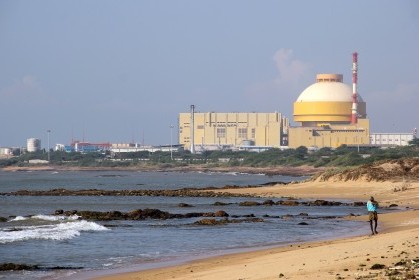 Courtesy: Wikipedia
Courtesy: Wikipedia
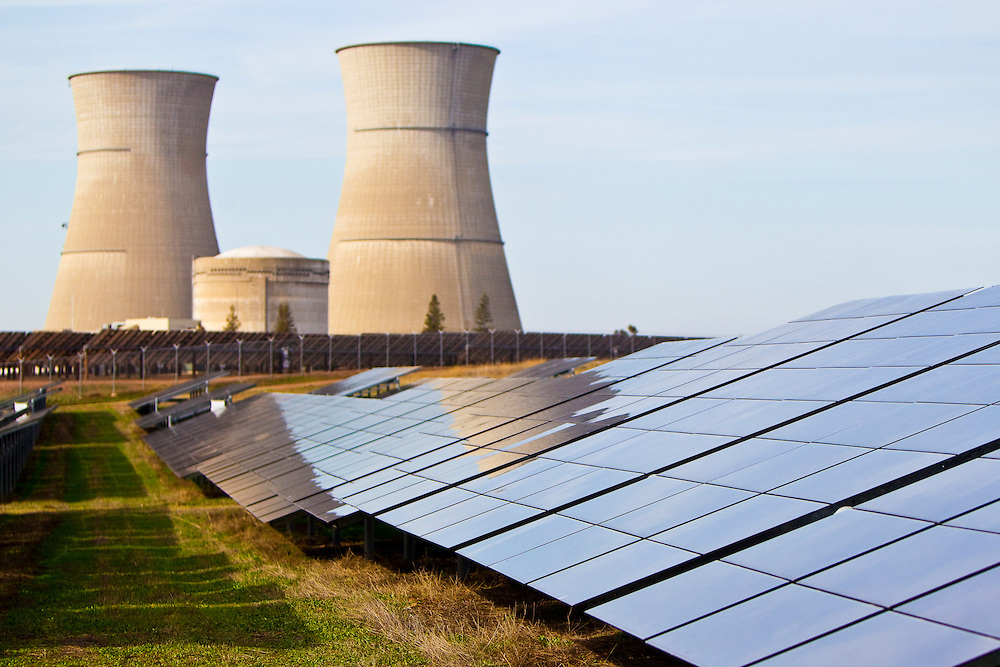 Courtesy:
Courtesy:
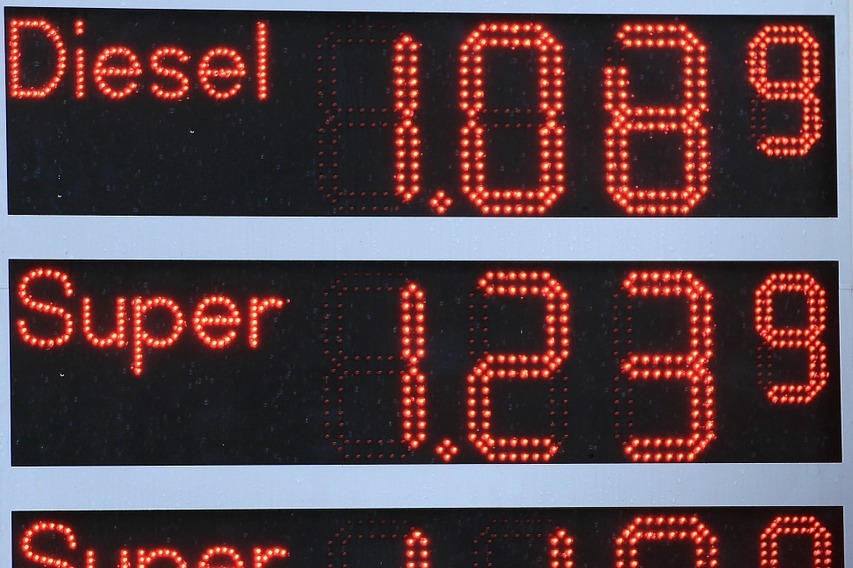 Courtesy: Pixabay
Courtesy: Pixabay
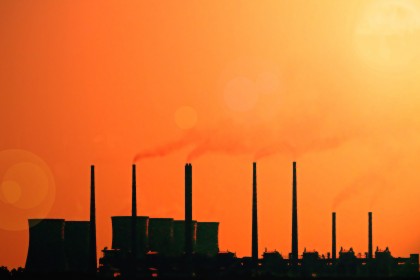 Courtesy: Wikipedia
Courtesy: Wikipedia
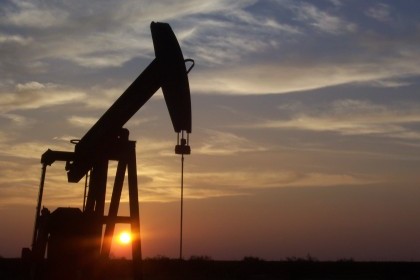 Courtesy: Wikipedia
Courtesy: Wikipedia
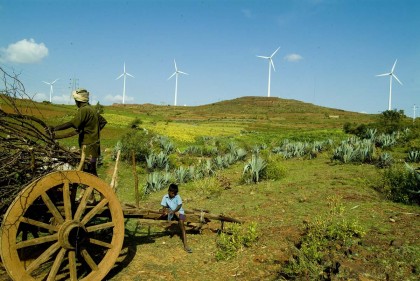 Courtesy: Wikipedia
Courtesy: Wikipedia
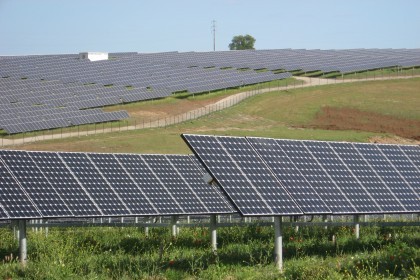 Courtesy: Wikipedia
Courtesy: Wikipedia
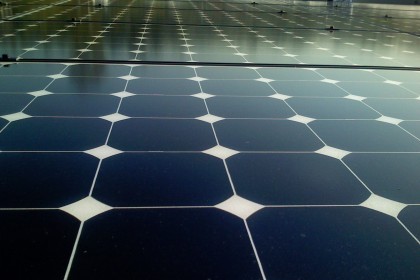 Courtesy: Wikipedia
Courtesy: Wikipedia
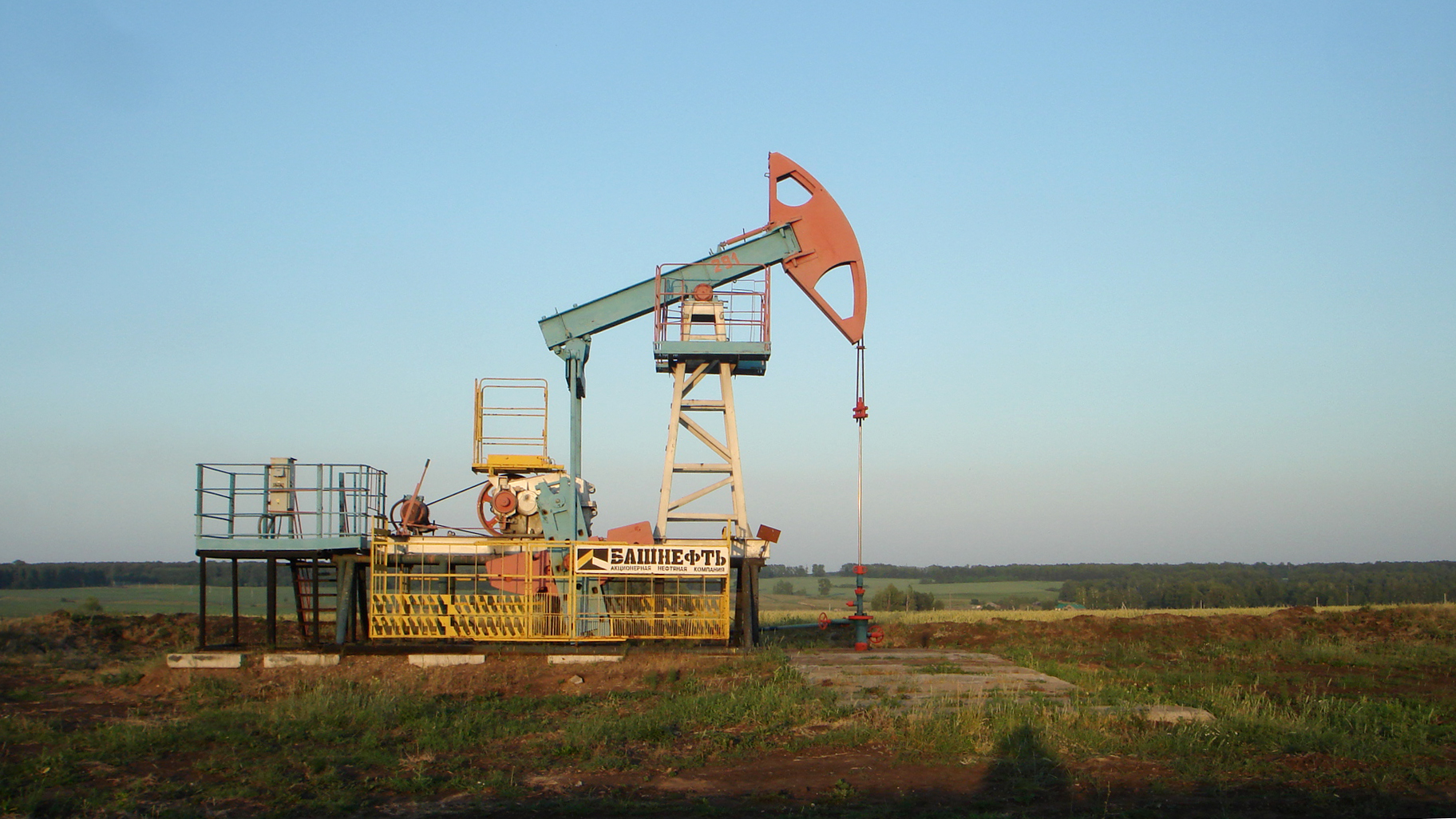 Courtesy: Wikimedia
Courtesy: Wikimedia
